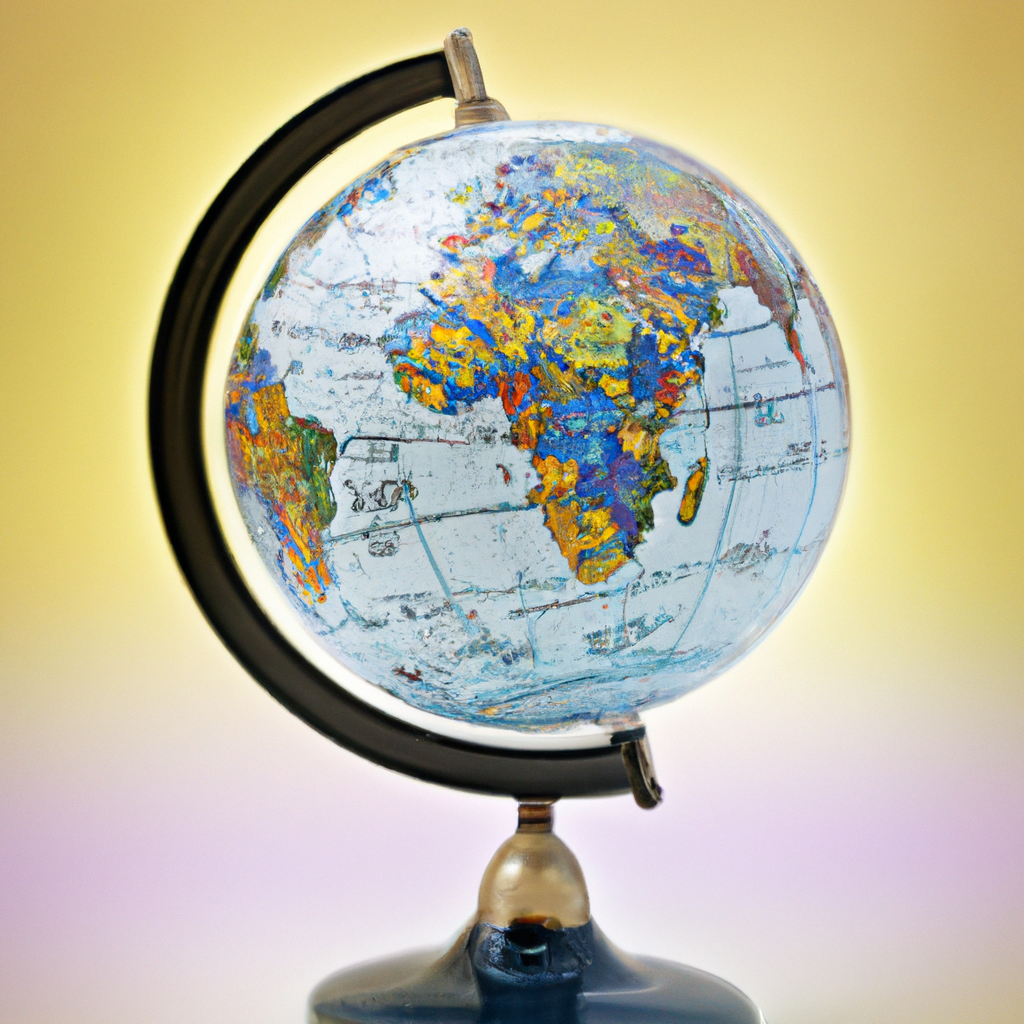From the streets of Tokyo to the shores of Greece; festivals and celebrations around the globe make for some of the most vivid experiences in culture and tradition. People raise their voices to the sky in prayer, share meals with strangers, and become immersed in art, music, and costumes unique to each location. Join us as we explore the world of cultural festivals and celebrations that exist around every corner.
1. Global Celebrations: Where Diversity Comes Alive
Festivals, celebrations, and special occasions capture the true spirit of diversity. From the bright colors of Holi to the energetic performances of Guca, worldwide traditional events hold joyful and often religious meaning for participants.
Here are some unique events which bring people together, regardless of religion, race, or culture:
- Oktoberfest – held annually in Munich, Germany, Oktoberfest is a celebration of beer, with massive festivals boasting over 5 million people in attendance!
- The Running of the Bulls – every year in Spain, the Running of the Bulls event sees people out in the streets, with six bulls and six steers chasing lively crowds. A tradition of Spain since the 14th century!
- Festival d’Été de Québec – a wide range of musical acts perform on outdoor stages in Canada during this event, reportedly drawing in 1.5 million music fans from around North America and Europe.
- Mardi Gras – also known as Carnival, celebrations usually take place in the two weeks before Ash Wednesday. People can catch parades, take part in costume competitions, and enjoy street parties.
In more remote pockets of the world, celebrations are often even more diverse and unique. For example, Bon Odori is a Buddhist festival of lights in South East Asia where people form lanterns in the streets, with traditional dances and songs. Similarly, there is the Rouketopolemos festival in Greece, which is a rocket war dating back to the Ottoman and Venetian occupation.
Global celebrations promote understanding and appreciation of diverse cultures, foods, music, and dress. While travelers thrill in experiencing new traditions, these experiences may also prompt them to truly reflect on and appreciate their own identities and beliefs.
2. Discovering Different Cultural Traditions
When it comes to discovering different cultures and their traditions, there is no lack of opportunity. From breathtakingly beautiful festivals, to age-old holidays, our world is filled with a multitude of customs spanning different countries, regions, and beliefs. Here are some of the many unique cultural traditions to explore.
- Holi: Celebrated in India and parts of Nepal, the Holi festival emphasizes a unification of people and joy, signifying triumph over evil. It is known as the ‘color festival’ and is marked by people parading through the streets with vibrant paint, colored powders, and floral perfumes in tow.
- Rain Dance: During the summer, indigenous Native American tribes gather in the US and perform a rain dance in harvest circles as a way to bless the land and to ask the spirits for rain. The dance is accompanied by beat-drums, songs, and stories that span generations.
- Mawlid al-Nabi: Commonly celebrated in Islamic countries such as Egypt and Saudi Arabia, Mawlid al-Nabi honors the birth of the Prophet Muhammad. The celebration typically lasts three to four days and is marked by prayer meetings, gift-giving, decorative lights, and home-cooked dishes.
No matter the culture, each tradition offers its own unique beauty and you may even be lucky enough to experience one or two firsthand. From traditional music to culinary delights, there is much to be discovered about the cultural traditions of the world.
3. Exploring Local Customs and Festivals
As they say, when in Rome, do as the Romans do. means immersing yourself in the rich culture of the city and its surroundings.
Every new place has its own set of local customs, traditions, rituals, festivals and celebrations, all of which provide a unique insight into the city. From age-old spiritual practices to modern festivities, these local customs can provide a fascinating look into the history and culture of your destination.
Here are a few of the local customs and festivals that may be worth exploring while travelling:
- Learn about the local language and how to use it
- Attend public processions held for religious festivals
- Experience the unique music, dance and theatre of the area
- Take a tour of old buildings and places of historical interest
- Observe the brilliant craftsmanship of the locals
- Savor the traditional food and drinks of the region
So why not take a step out of your comfort zone and explore some of the local customs and festivals available in the city where you are travelling? It may be an experience you won’t soon forget!
4. The Meaning and Significance Behind Each Celebration
Each and every celebration is meaningful and has a certain significance in our lives. Every day is a special one and celebrations are what make days more exciting and worthwhile. Here are the meanings and significances behind some of the most celebrated occasions.
- Birthday: Birthdays are the yearly reminders for an individual to reminisce and appreciate how far they have come in life. People usually spend their birthdays gathering with loved ones to share happiness and joy.
- Christmas: Christmas is the celebration of the birth of Jesus and its origins are rooted in Christianity. It is a day where people exchange gifts, light fireworks, play Christmas carols and spend time with friends and family.
- Halloween: Halloween is the time when it is believed that the veil between the physical and spiritual world is the thinnest, allowing spirits and ghosts to come visit us. Historically it was a time for people to prepare for winter and exchange goods.
Celebrations remind us of the importance of being with family and friends, allowing us to create memories, appreciate the time we have and keep tradition alive. Celebrations bring joy, excitement and bring us closer to understanding the cultures and customs of our ancestors.
All in all, all the celebrations have a certain importance and meaning and help us to remember our past and be more aware of our present and these are the things that allow us to appreciate life and all its wonders.
5. Celebrating Cultural Diversity Worldwide
The world we live in is home to a huge variety of cultures and peoples from different backgrounds, and it is something to be appreciated and celebrated. Each community brings its own unique values, traditions and practices, making our world ever so vibrant and diverse.
- Value Exchange and Learning: We can learn so much from each other by conversing and interacting with people from different cultures. We are able to discover new perspectives and integrate them into our lives, making us richer and more globally-aware.
- Intercultural Dialogue: Cultural diversity means that we are exposed to different ways of thinking. This encourages conversations between different cultures, giving us the opportunity for constructive dialogue to create understanding communication and collaboration.
Taking the time to respect and acknowledge cultures from around the world ensures a sense of belonging and acceptance, creating a more harmonious and tolerant world for all. With various cultures working together towards a common cause, we can make a better future for everyone.
From Morocco to Mexico, there are so many cultures and festivals around the world that give us a chance to explore the unique wonders and traditions of each country. It’s amazing to see how celebrated every culture really is, and there’s no better way to get a taste of something new than to attend a festival or two! So grab the passport, get your tickets, and set off to experience the incredible diversity of cultures around the globe!


